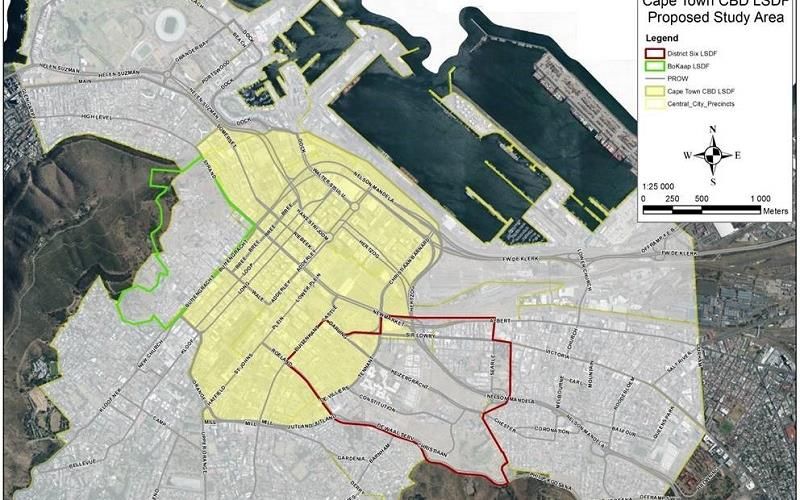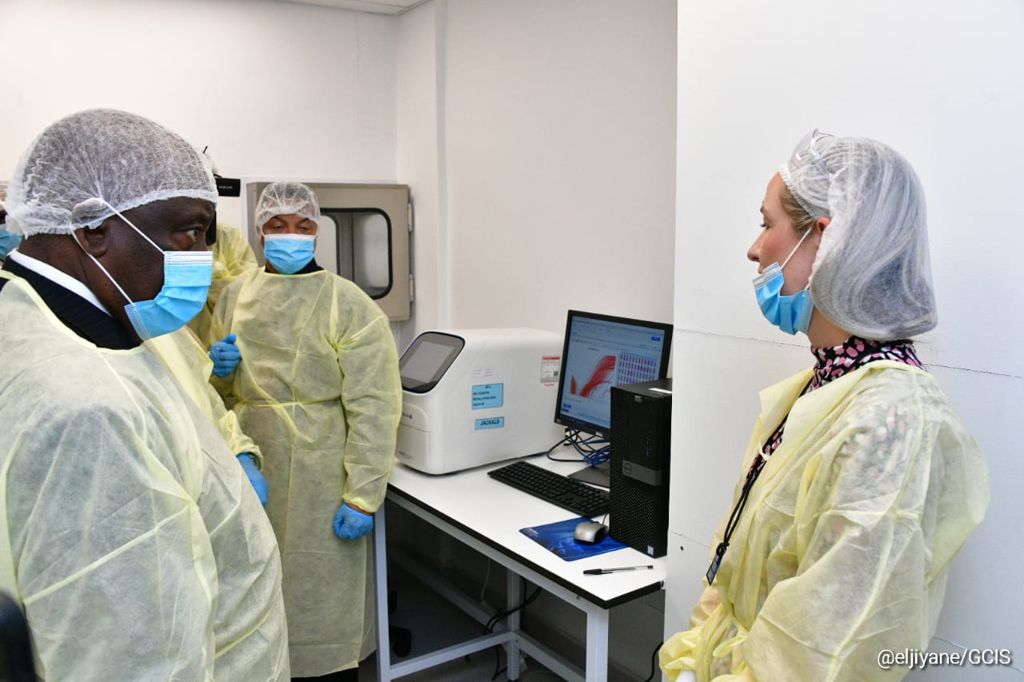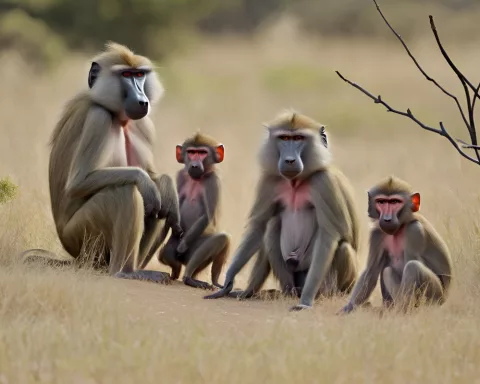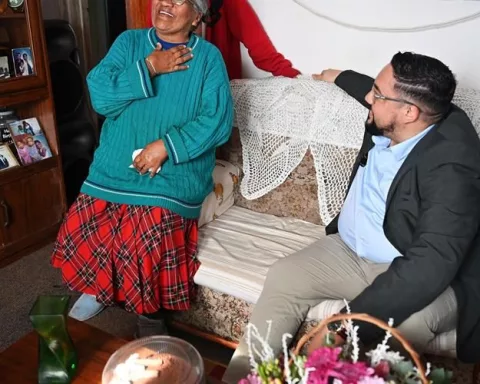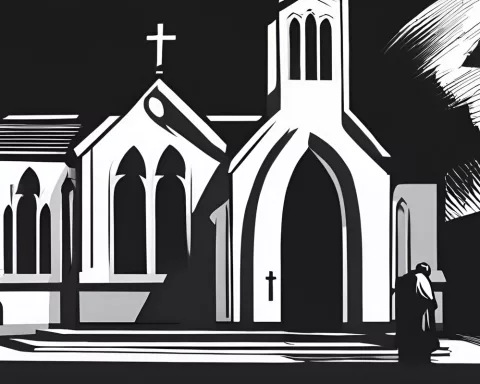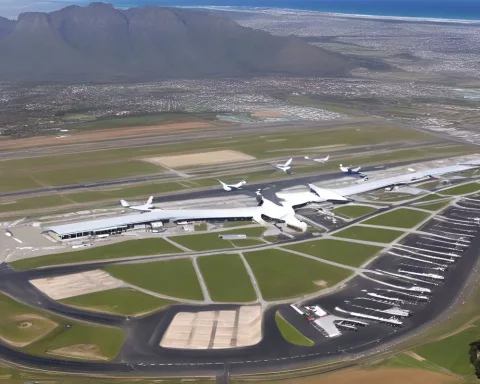Cape Town’s Central Business District (CBD) is a bustling 384-hectare economic hub situated near the harbor, convention district, historic Bo-Kaap, District Six, and other areas like De Waterkant and the Parliamentary Precinct. The CBD serves as a trendsetter for Cape Town’s development, and as the city prepares for a post-pandemic future, urban planners are envisioning a more liveable, resilient, attractive, and inclusive district.
The Local Spatial Development Framework
To facilitate this transition, the City of Cape Town is developing a Local Spatial Development Framework (LSDF) for the CBD. The LSDF aims to ensure the area’s economic prosperity, protect and maintain existing investments, and create new opportunities for transformation into a more inclusive and resilient space.
Draft Contextual Analysis Document
The Urban Planning and Design Department has prepared a draft contextual analysis document, which will serve as the basis for the proposed LSDF. Public comments are now open, allowing residents, businesses, community organizations, and other stakeholders to provide input on the future spatial planning and development of the CBD.
Objectives of the LSDF
Deputy Mayor and Mayoral Committee Member for Spatial Planning and Environment, Alderman Eddie Andrews, emphasized the need for a plan that supports economic recovery and re-imagines the CBD’s role and function. The City’s Integrated Development Plan and CBD recovery and transition project focus on quality precinct management, promoting mixed-use development, and providing residential opportunities, including affordable accommodation, to make the area more accessible over time.
Redevelopment and Infrastructure Investment
To achieve these objectives, the City plans to redevelop and convert office spaces into residential housing opportunities and mixed uses, while improving public spaces, streets, and community facilities. Investment in bulk infrastructure, such as water, sanitation, and mobility, will also be crucial in supporting these efforts.
Public Input
The public comment period on the draft contextual analysis document runs until September 30, 2023, giving stakeholders the opportunity to provide valuable input. The document covers various aspects, such as existing land use guidelines, draft land use policies, emerging guidelines on inclusionary housing, a socio-economic overview of the CBD, an analysis of CBD precincts, and a consolidated draft action list.
Public Engagements
To aid the public’s understanding of the process, the City will host several public engagements, including a public open day at the Cape Town Central Library on September 9, 2023, a design charrette at the Subcouncil 16 Chambers on September 20, 2023, and a virtual engagement meeting on September 27, 2023.
Finalizing the LSDF
Once finalized and approved by the Council, the LSDF will profoundly impact the CBD’s appearance and character in the future, guiding the City’s planning decisions and investments in projects aligned with the spatial vision. The finalized LSDF for the Cape Town CBD will elaborate and support the spatial development guidelines outlined in the Table Bay District Spatial Development Framework, a higher-order spatial plan for the City Bowl and its surroundings.

